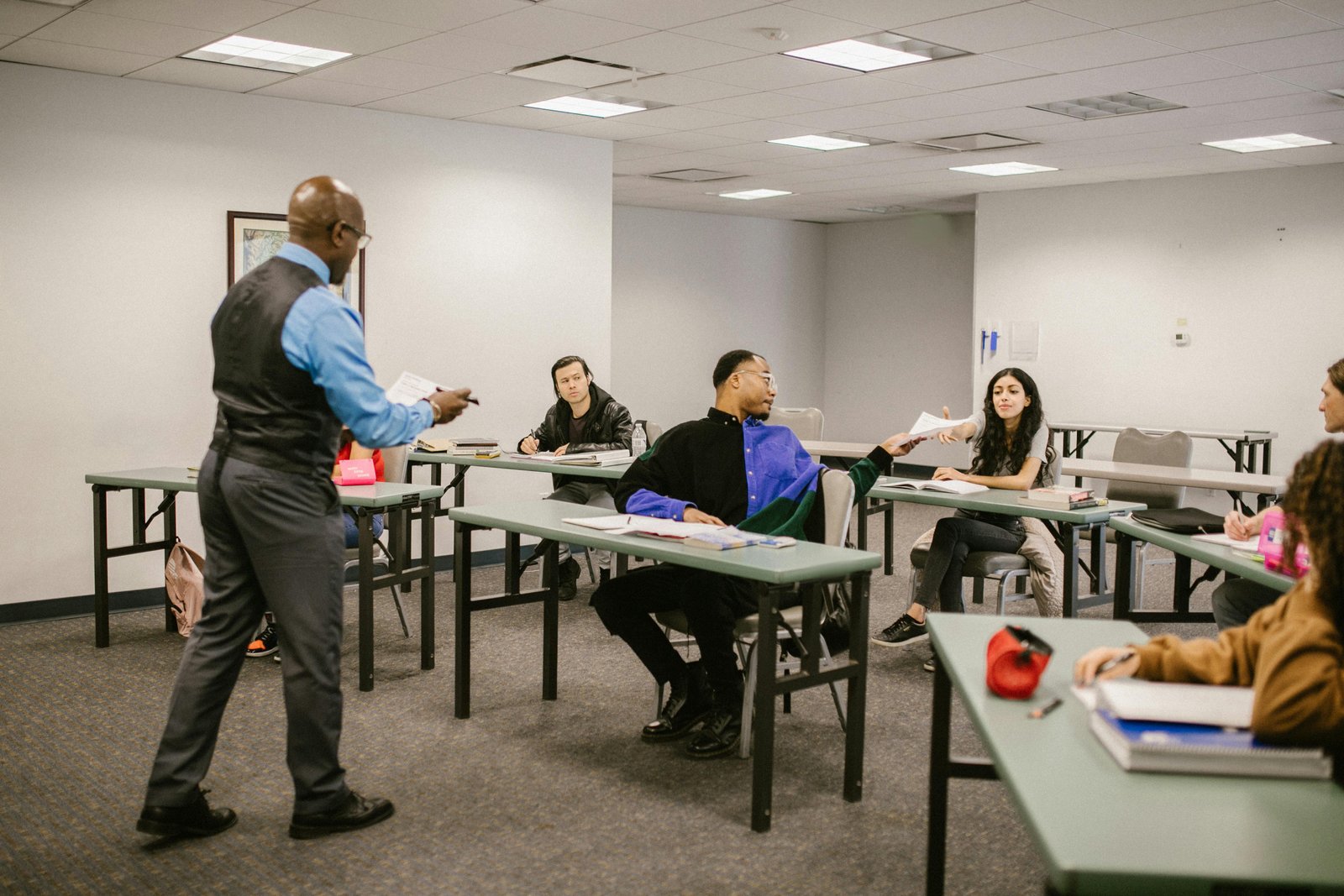The article “A Political Obituary Atlantic” has sparked widespread discussions about leadership, legacy, and the intersection of truth and power. Published by The Atlantic, this piece offers a reflective examination of political dynamics, focusing on key figures like Donald Trump. As Atlanta, Georgia continues to stand as a hub for intellectual and political discourse, this analysis resonates deeply with communities seeking clarity and insight into the state of modern politics.
A Political Obituary for Donald Trump Atlantic: Understanding the Context
The Legacy of Donald Trump
The Atlantic’s “A Political Obituary for Donald Trump” paints a vivid picture of the former president’s impact on American politics. Highlighting key moments from his presidency, the article examines his influence on:
- Domestic policies
- International relations
- The erosion of bipartisan cooperation
Trump’s tenure was marked by both fervent support and intense opposition, making his legacy a polarizing subject in American history.
Media’s Role in Shaping Political Obituaries
The media, particularly outlets like The Atlantic, play a crucial role in framing political narratives. Their analysis extends beyond surface-level events, diving into the implications of leadership decisions and public rhetoric. This approach helps readers understand the broader societal impact of political figures.
A Political Obituary for Donald Trump The Atlantic: Key Takeaways
Themes Explored in The Atlantic’s Piece
The Atlantic’s article addresses themes such as:
- Truth and Accountability: Examining the role of truth in governance and the consequences of misinformation.
- Polarization: Analyzing the growing divide within political parties and the electorate.
- Leadership Styles: Comparing Trump’s approach to that of his predecessors.
Public Reaction and Discourse
The piece has elicited diverse reactions, reflecting the complexity of Trump’s political persona. Some view it as a fair critique, while others see it as emblematic of media bias. This polarization underscores the challenges of discussing political legacies in a divided society.
A Political Party Unhinged from Truth The Atlantic: Broader Implications
The Erosion of Shared Reality
The Atlantic’s critique extends to political parties increasingly unmoored from objective truth. This phenomenon impacts:
- Policy-making
- Public trust in institutions
- Democratic processes
The Role of Civics Education
One solution proposed is a renewed focus on civics education. By fostering critical thinking and media literacy, communities can counteract the spread of misinformation and strengthen democratic engagement.
Lessons from A Political Obituary Atlantic: Moving Forward
Rebuilding Trust in Institutions
To address the challenges highlighted by The Atlantic, rebuilding trust in institutions is essential. This involves:
- Transparency: Ensuring government actions are open to public scrutiny.
- Accountability: Holding leaders responsible for their decisions.
- Engagement: Encouraging citizen participation in governance.
Fostering Constructive Dialogue
Polarization can be mitigated by fostering spaces for constructive dialogue. Platforms that encourage respectful exchanges of ideas are crucial for bridging divides and promoting understanding.
FAQs About A Political Obituary Atlantic
Q1: What is the main focus of “A Political Obituary Atlantic”?
The article reflects on political leadership, particularly Donald Trump’s presidency, and examines its impact on truth, governance, and society.
Q2: Why is The Atlantic’s perspective significant?
The Atlantic provides in-depth analysis that contextualizes political events and decisions, offering readers a comprehensive understanding of their implications.
Q3: How has the article been received by the public?
Reactions vary, with some praising its insights and others criticizing perceived biases. This reflects the polarized nature of political discourse.
Q4: What are the broader themes discussed in the article?
Key themes include the role of truth in politics, polarization, and the evolving nature of leadership in a democratic society.
Q5: How can individuals contribute to constructive political discourse?
Engaging in respectful dialogue, staying informed, and promoting media literacy are ways to foster healthier political conversations.
Q6: Where can I read “A Political Obituary Atlantic”?
The article is available on The Atlantic’s official website and can be accessed with a subscription.
Conclusion: Reflecting on Political Leadership and Legacy
“A Political Obituary Atlantic” serves as a thought-provoking exploration of leadership, truth, and societal dynamics. It challenges readers to consider the implications of political actions and the importance of accountability in governance. As Atlanta, Georgia, continues to foster meaningful dialogue on these topics, pieces like this underscore the need for informed and engaged citizenship.
Ready to dive deeper? Explore our resources and articles or subscribe to our newsletter for the latest insights into politics, culture, and society. Let’s build a future grounded in truth and constructive dialogue












